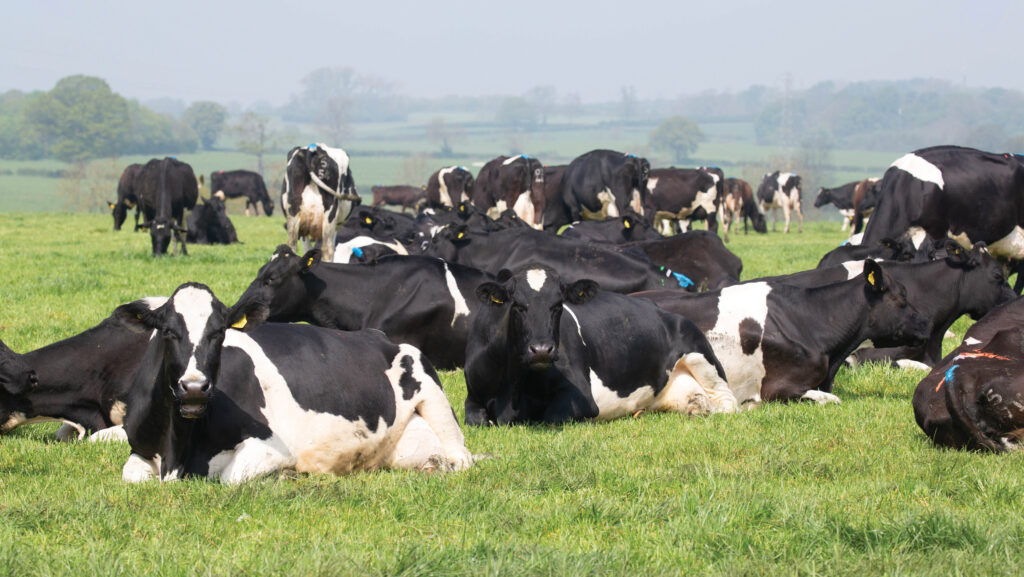BSE case confirmed on Scottish farm
 © Tim Scrivener
© Tim Scrivener The Scottish government have confirmed a single case of atypical bovine spongiform encephalopathy (BSE) on a farm in Dumfries and Galloway, Scotland.
This follows a case earlier in the year which was identified on a farm in Ayrshire.
Movement restrictions have been put in place as a precaution around the farm and on other animals which have been in close proximity.
See also: BSE case confirmed on farm in Scotland
Atypical BSE is not known to be a risk to public health and the animal has not entered the human food chain, according to the Scottish government.
Food Standards Scotland has also confirmed there was no risk to human health related to this case and that strict controls were in place to protect consumers.
However, further investigations are being carried out by the Animal Plant and Health Agency to determine the source of the disease.
‘Swift and robust action’
Scottish agriculture minister Jim Fairlie said: “Following confirmation of a case of atypical BSE in Dumfries and Galloway, the Scottish government and other agencies took swift and robust action to protect the agriculture sector.
“The fact we identified this isolated case so quickly is proof that our surveillance system for detecting this type of disease is working effectively.
“I want to thank the animal’s owner for their diligence. Their decisive action has allowed us to identify and isolate the case at speed, which has minimised its impact on the wider industry.”
Scottish government chief veterinary officer Sheila Voas added: “I want to reassure both farmers and the public that this is an isolated case and of the atypical strain of BSE, which is not transmissible and not connected to contaminated feed.
“But, if any farmers are concerned, I would urge them to seek veterinary advice.”
A case of BSE could potentially have implications for market access for British products to certain export destinations.
